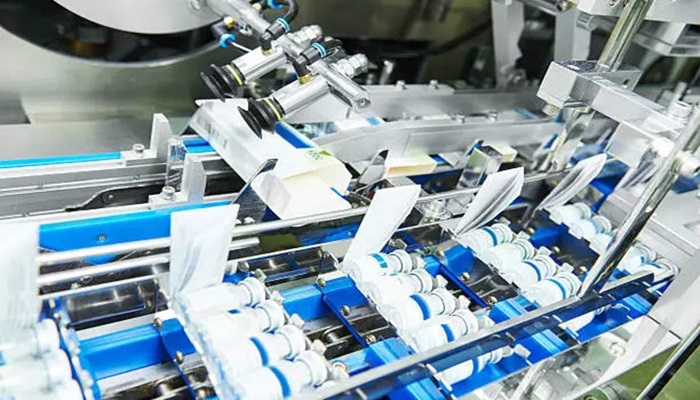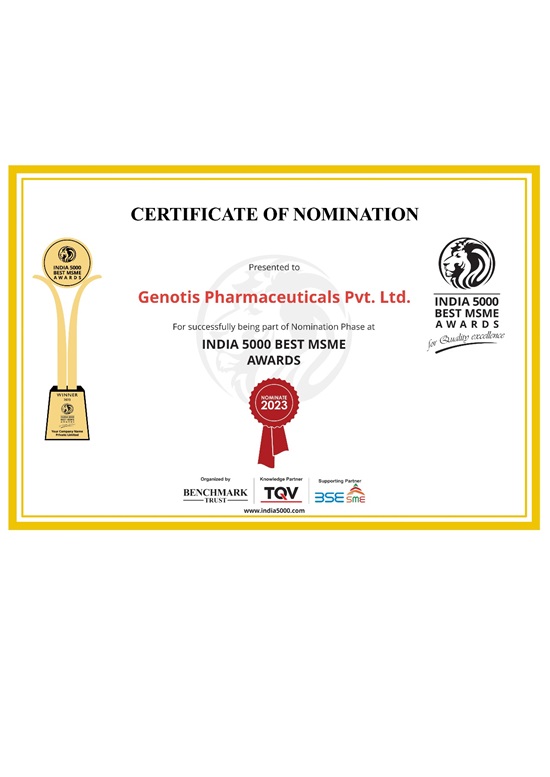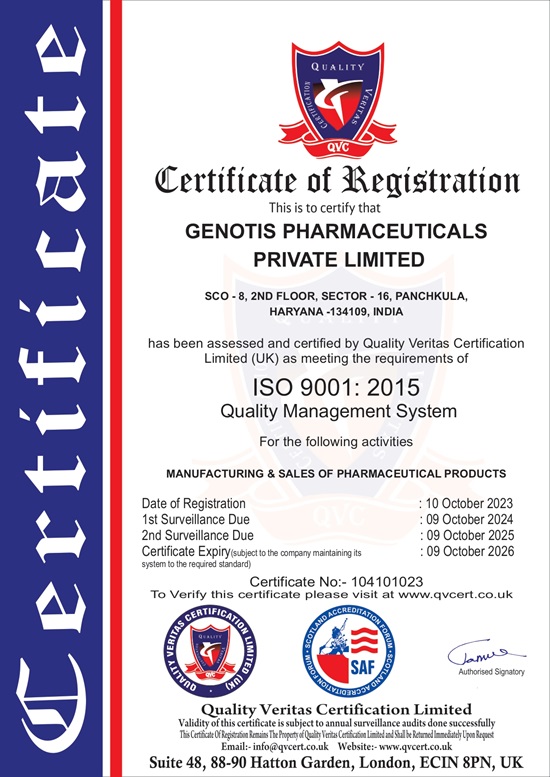Newsroom
Breakthrough in Domestic Production Leads to Affordable Medicines for Four Rare Diseases.
25th May 2023
In a landmark development, domestic production of medicines for four rare diseases has resulted in a significant reduction in costs, providing newfound hope for patients and their families. This groundbreaking achievement is poised to revolutionize the accessibility of life-saving treatments, marking a major stride in healthcare affordability.

Introduction:
Diseases Affected:
These conditions, characterized by their scarcity and often intricate treatment protocols, have historically posed financial and logistical challenges for patients seeking proper care.
Domestic Production Impact:
Benefits for Patients:
Government and Industry Collaboration:
Global Implications:
Conclusion:
India has long been a key player in the global pharmaceutical market, known for its strong generic drug manufacturing capabilities. Several factors contribute to the growth potential of India’s pharmaceutical industry.
13th July 2023

Generic Drug Manufacturing:
Chairman of PharmExcil (Pharmaceuticals Export Promotion Council of India) Veeramani S V said the Indian pharmaceutical industry is on a compelling growth trajectory, evidenced by an 8 per cent year-to-date increase in exports and a remarkable 29 per cent surge in October alone.
Research and Development (R&D):
Emerging Markets:
Government Initiatives:
Digital Transformation:
Global Partnerships:
It’s essential to note that reaching a specific revenue target, such as USD 130 billion by 2030, depends on various factors, including global economic conditions, regulatory changes, and advancements in healthcare technologies. Industry projections and predictions can vary, and it’s advisable to refer to the latest reports and analyses for the most up-to-date information on the Indian pharmaceutical sector.
NEW DELHI: The government will shortly issue a notification making it compulsory for pharmaceutical companies to implement revised Good Manufacturing Practices (GMP) to improve quality in the face of children said to have died from toxic cough syrup and eye drops that allegedly caused infections.
25th September 2023

Rationale Behind the Call for Revision:
Focus on Safety and Efficacy:
Adoption of Technological Innovations:
Global Competitiveness:
Collaborative Approach:
Consumer Confidence and Regulatory Compliance:
Conclusion:
Company Info
Company Established and Achievement
October

November

In March

In August
2022

In June

In August

In September

Awards


